Understanding Kidney Yang Deficiency
Warming Up Your Core from a TCM Perspective
In Traditional Chinese Medicine (TCM), our health is viewed as a dynamic interplay of opposing yet complementary forces—Yin and Yang. While in basic form Yin represents coolness, stillness, and substance, Yang is the force of warmth, movement, and transformation. When these energies fall out of balance, various patterns of disharmony can arise. One common and often overlooked imbalance is Kidney Yang Deficiency.
This pattern can show up as persistent fatigue, a sense of coldness, low libido, and more. Understanding this condition through a TCM lens—and learning how to support your body through diet and lifestyle—can be incredibly empowering, especially during the colder months or times of chronic stress.
What Is Kidney Yang Deficiency?
In Chinese medicine, the Kidneys are considered the root of life. They store the body’s Essence (Jing), govern birth, growth, reproduction, and are the foundation of both Yin and Yang energy in the body. Kidney Yang specifically refers to the warming and activating aspect of Kidney energy—it fuels all physiological functions, keeps us warm, and drives metabolic processes.
When Kidney Yang is deficient, the body begins to show signs of cold, sluggishness, and weakness. This pattern often arises after long-term stress, chronic illness, aging, overwork, or excessive exposure to cold environments or cold-natured foods.
Common Signs and Symptoms of Kidney Yang Deficiency
Kidney Yang Deficiency may present with a variety of signs. You don't need to have every symptom to be affected—TCM treats the pattern, not the isolated symptoms. Common signs include:
Feeling cold all the time, especially in the lower back, hands, and feet
Fatigue and exhaustion, often worse in the mornings
Lower back pain and knee weakness or soreness
Frequent or clear urination, or nighttime urination
Low libido or infertility
Loose stools or early morning diarrhea (the classic "cock's crow diarrhea")
Edema (swelling) in the lower limbs
Depression or a sense of withdrawal
Pale tongue with a wet coating and a deep, slow pulse
Warming the Body Through Food—Best Choices for Kidney Yang Deficiency
Food is powerful medicine in Chinese medicine, and choosing warming, nourishing foods can help rebuild Kidney Yang over time. Think slow-cooked, rich, and warming meals that support digestion and generate internal heat.
Top Foods to Support Kidney Yang:
Lamb – one of the most warming meats; especially good in stews or bone broths
Bone broth – deeply nourishing and supportive for Kidney energy
Black beans, kidney beans, and adzuki beans – tonify Kidneys and provide gentle warmth
Walnuts and chestnuts – warming nuts that strengthen Kidney Yang
Garlic, ginger, and cinnamon – warming spices that promote circulation and boost internal fire
Goji berries – nourish both Kidney and Liver systems
Dark leafy greens – like kale or mustard greens, especially when cooked
Seaweed – supports the Kidneys and contains essential minerals
Glutinous rice and oats – warming grains that are easy on the digestion
Foods to Minimize or Avoid:
Raw fruits and vegetables
Cold drinks and iced beverages
Excessively spicy or greasy foods
Caffeine and alcohol in excess
Excess sugar, which weakens Kidney energy over time
Lifestyle Tips for Supporting Kidney Yang
Beyond food, your lifestyle plays a huge role in nurturing Kidney Yang. The goal is to protect your internal warmth, conserve energy, and avoid things that deplete your vitality.
Lifestyle Recommendations:
Stay warm – especially your lower back, feet, and abdomen. Use warm packs or a heating pad on the lower back to gently support the Kidney area.
Get adequate rest – Yang is easily depleted by overwork and lack of sleep. Try going to bed earlier, especially during winter.
Gentle exercise – Practices like Tai Chi, Qi Gong, and walking in nature can help build Yang without exhausting it.
Avoid excessive sweating – which can leak Yang energy; don’t overdo hot yoga or intense cardio when feeling depleted.
Use warming therapies – like moxibustion, castor oil packs on the lower back, or warm herbal foot soaks with ginger and cinnamon.
Protect your energy – mentally and emotionally. Chronic stress and burnout are major culprits of Kidney depletion. Take breaks, build healthy boundaries, and nourish your inner calm.
Herbal Allies for Kidney Yang
Chinese herbal formulas can be a helpful addition to a food and lifestyle plan. Common Kidney Yang tonics include
You Gui Wan – a classic formula to warm and tonify Kidney Yang and Essence
Jin Gui Shen Qi Wan – supports Yang while addressing frequent urination or water retention
Du Zhong (Eucommia) and Rou Gui (Cinnamon bark) – individual herbs that warm the Kidneys and strengthen the lower back
Always consult with a licensed acupuncturist or herbalist before starting herbal medicine—especially if you are on medications, pregnant, or dealing with other health issues.
Kidney Yang Deficiency is a pattern that reflects deep-level fatigue and cold in the body, often accumulated over time. While it may feel subtle at first—like cold feet or morning sluggishness—it can impact many aspects of health if left unaddressed. The good news is that with warming foods, acupuncture,restful living, and a few mindful adjustments, Kidney Yang often can be gently restored.
Think of it like tending to a cozy fire inside—through care, warmth, and nourishment, you can reignite your spark and feel more energized and grounded throughout the seasons.
Warming Kidney Yang Recipe—Lamb and Goji Berry Stew
This hearty, warming stew is a nourishing tonic for the Kidneys—packed with Yang-warming ingredients like lamb, ginger, and goji berries. It's especially wonderful during the colder months or anytime you’re feeling depleted and chilly.
INGREDIENTS
1 lb lamb shoulder or stew meat, cut into chunks
1 Tbsp sesame oil or ghee
1 thumb-sized piece of ginger, sliced
2–3 cloves garlic, minced
1 small onion, chopped
4 dried shiitake mushrooms (optional), soaked and sliced
1 medium carrot, chopped
1 small sweet potato, peeled and cubed
1/4 cup goji berries, rinsed
4–5 cups bone broth or water
1 Tbsp tamari or soy sauce (optional)
Salt and pepper to taste
Chopped scallions or cilantro to garnish
PROCEDURE
In a heavy-bottomed pot, warm the oil and sauté the ginger, garlic, and onion until fragrant.
Add the lamb and brown on all sides.
Add the mushrooms, carrot, sweet potato, and bone broth. Bring to a boil.
Lower the heat and simmer gently for 1–1.5 hours until the meat is tender.
In the last 15 minutes, add the goji berries. Season with tamari, salt, and pepper to taste.
Serve warm with a sprinkle of scallions or fresh herbs.
This stew warms the interior, strengthens the lower back, and gently nourishes Blood and Essence.
References & Suggested Reading:
Maciocia, G. (2005). The Foundations of Chinese Medicine: A Comprehensive Text for Acupuncturists and Herbalists. Churchill Livingstone.
Pitchford, P. (2002). Healing with Whole Foods: Asian Traditions and Modern Nutrition. North Atlantic Books.
Ni, M. (1995). The Yellow Emperor’s Classic of Medicine: A New Translation of the Neijing Suwen. Shambhala.
Zhang, Z., & Rose, K. (1999). A Handbook of Traditional Chinese Gynecology. Blue Poppy Press.
Dharmananda, S. (2002). “Kidney Yang Deficiency and Treatment with Chinese Herbs.” Institute for Traditional Medicine.
Hostetler, M. (2023). “Yang Deficiency: Symptoms, Foods, and Lifestyle Tips.” TCM World Blog.
Liu, Y. (2007). Chinese Nutrition Therapy: Dietetics in Traditional Chinese Medicine (TCM). Thieme.





















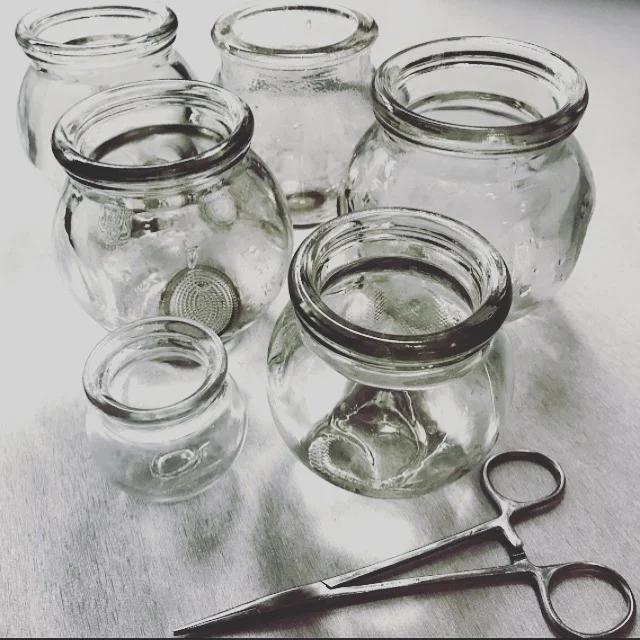

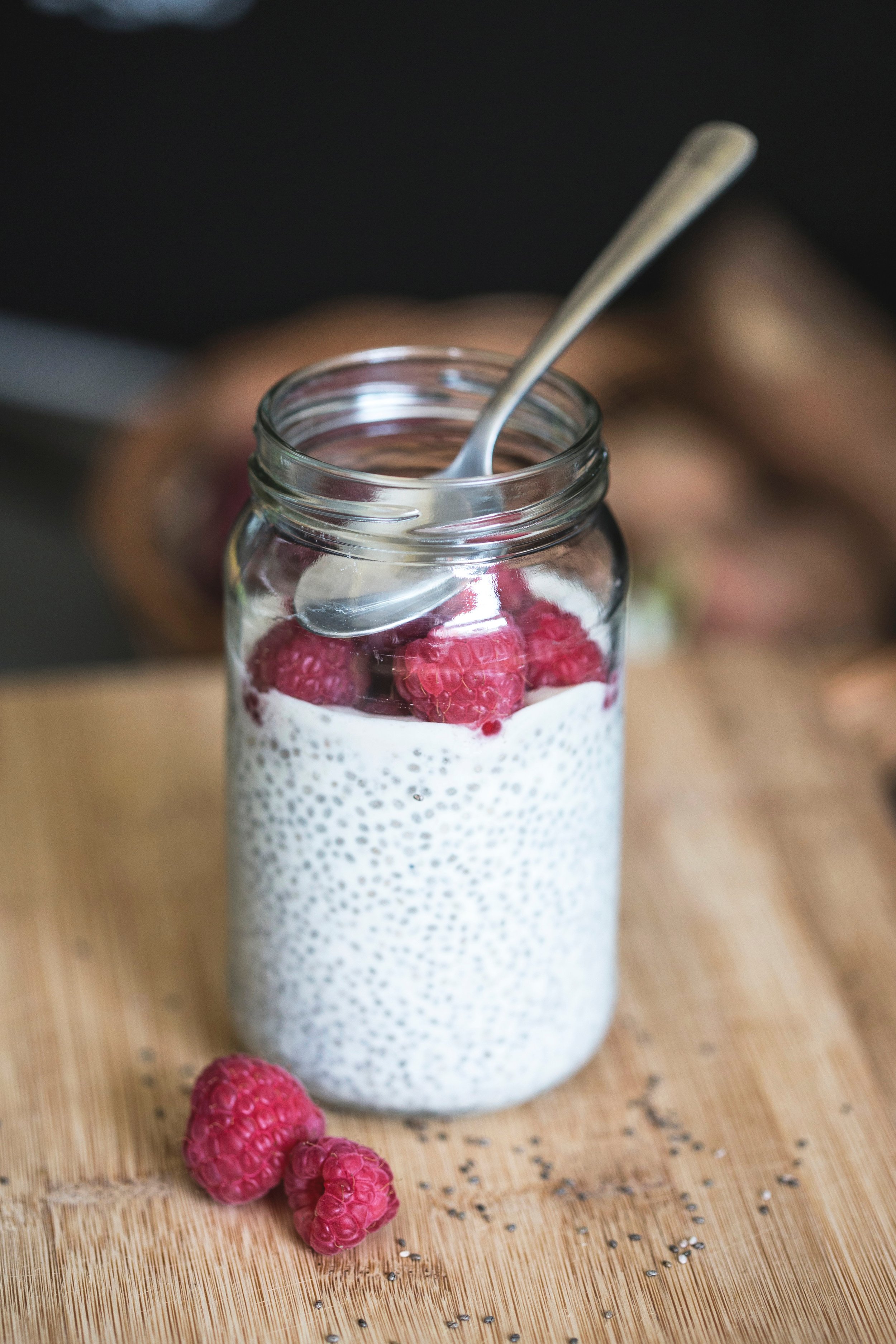





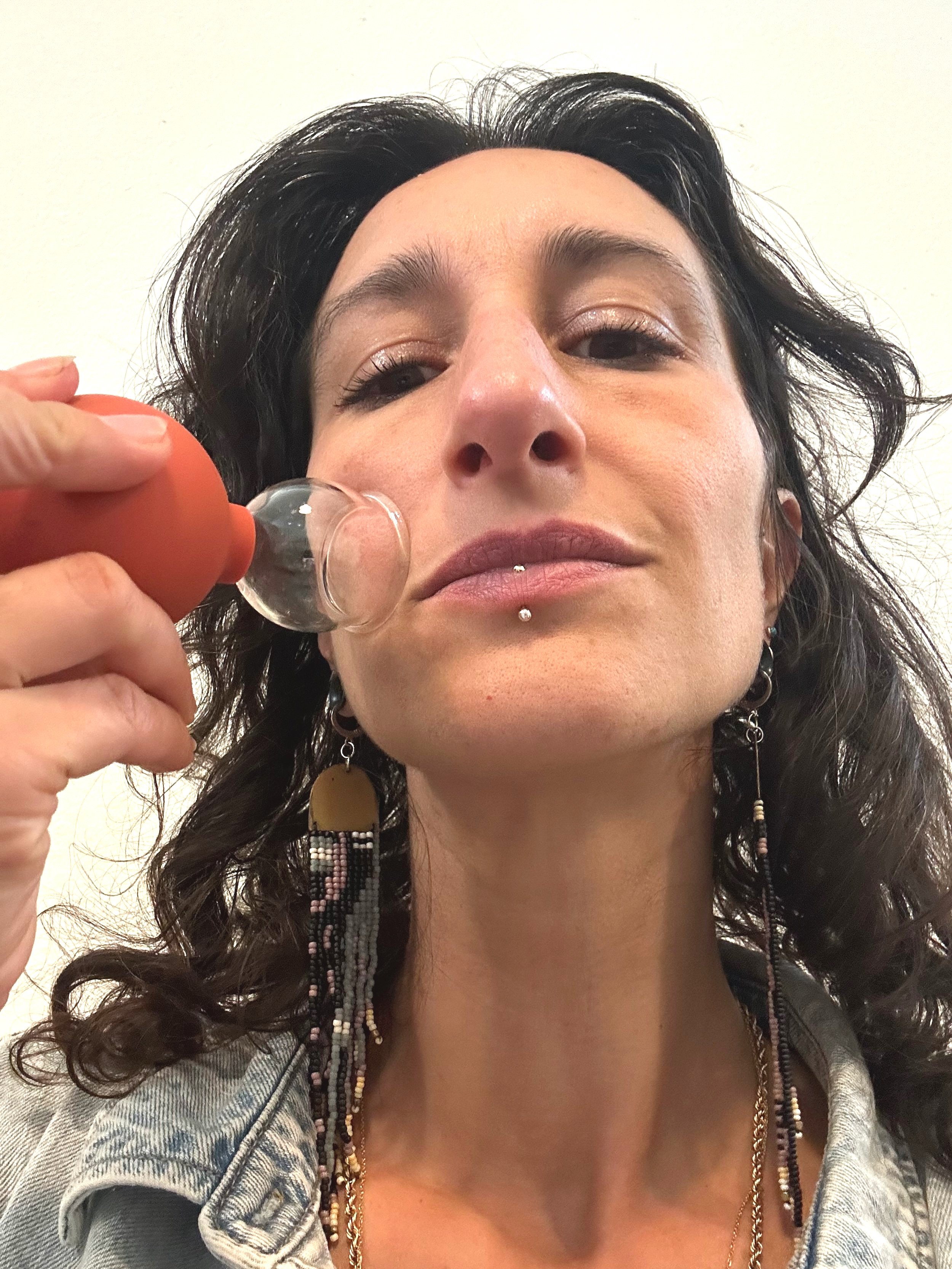












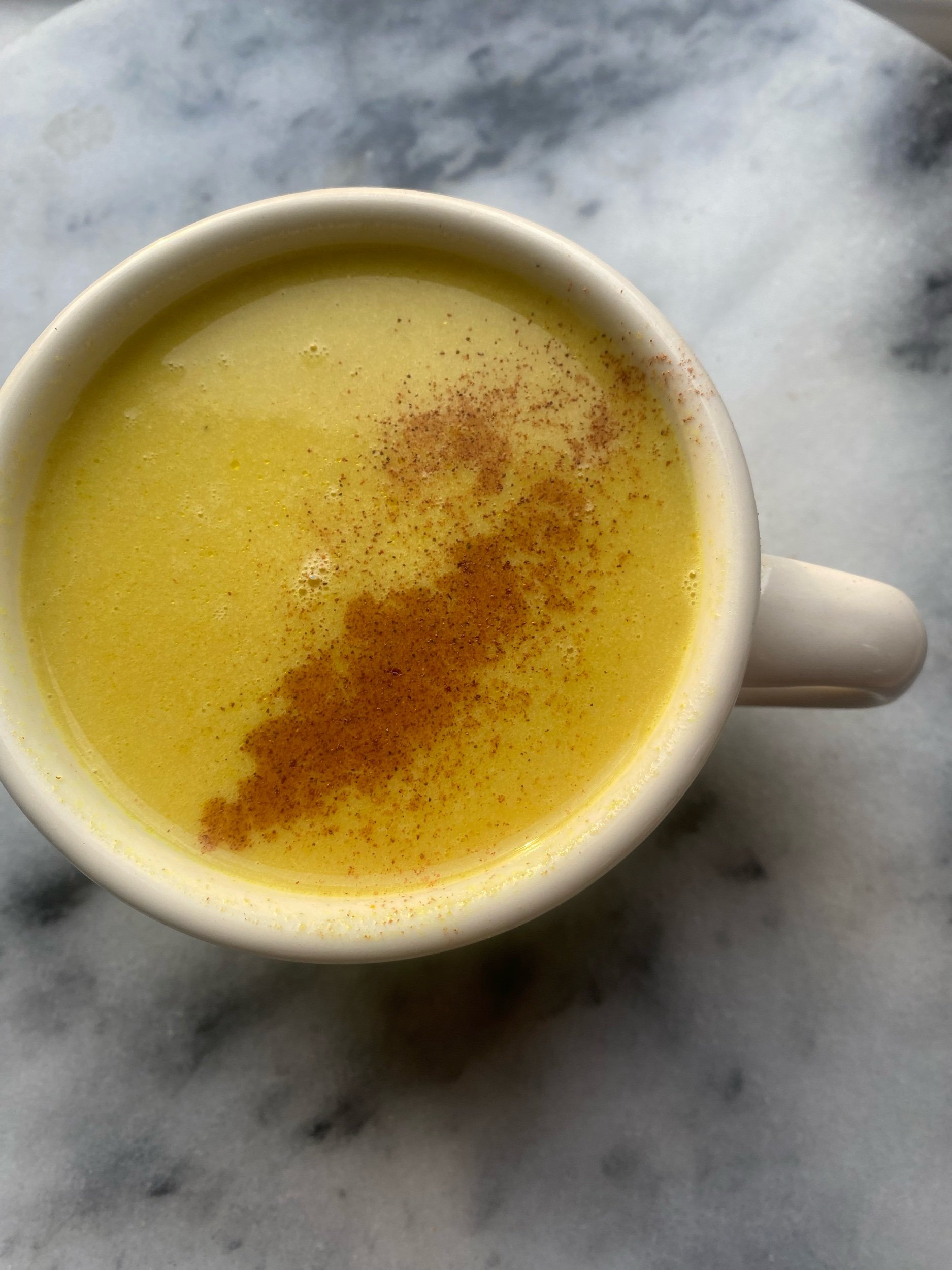

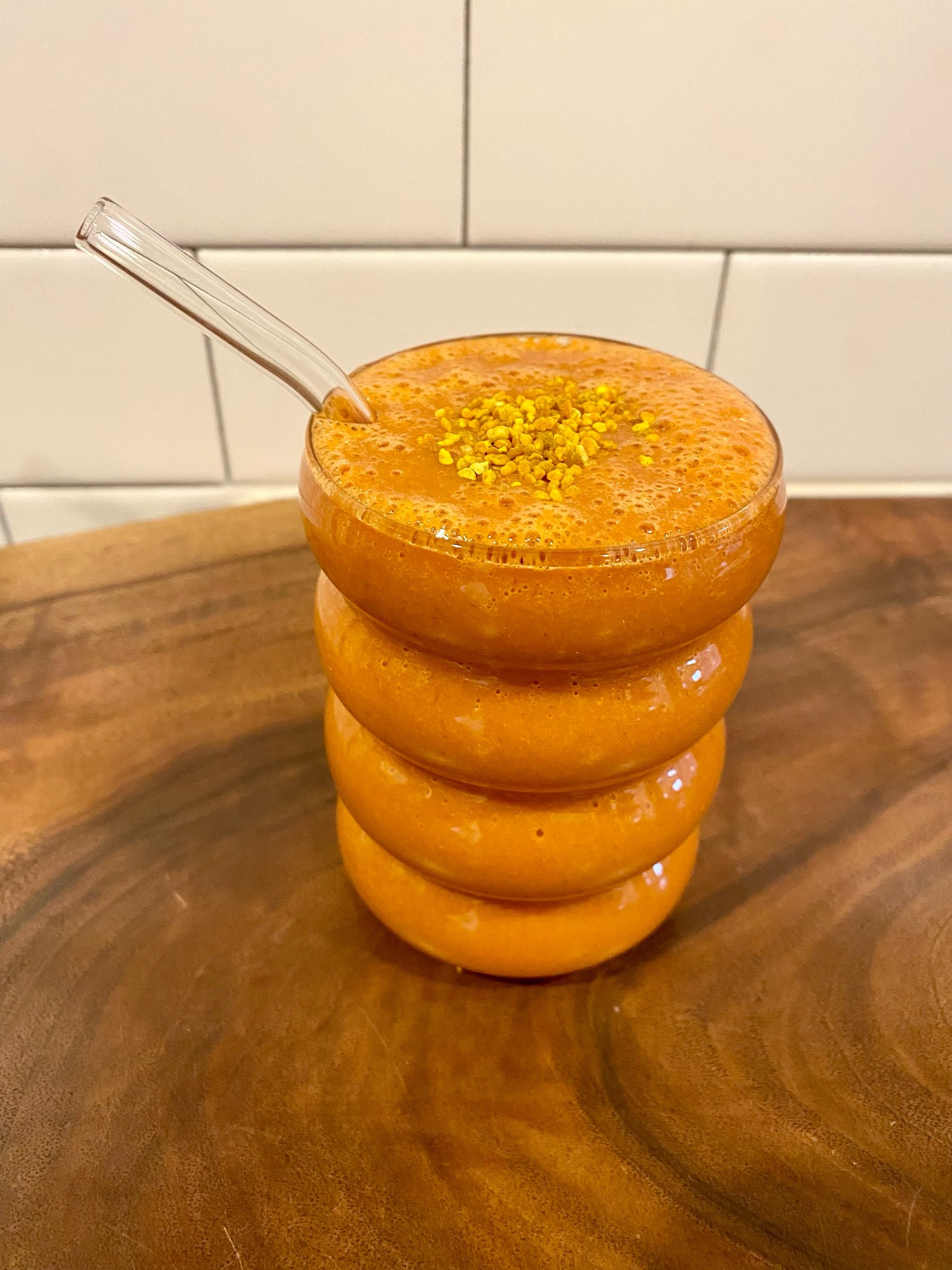
Learn about Kidney Yang Deficiency in Traditional Chinese Medicine, including signs, symptoms, food choices, and lifestyle tips to restore balance and vitality. Discover a warming recipe to support Kidney Yang health.